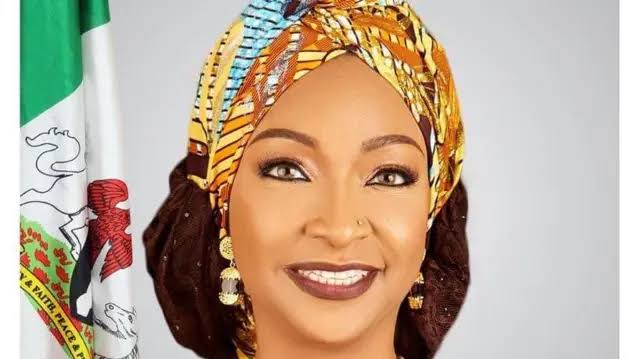Nigeria is facing a significant economic challenge, losing about $3 billion each year due to the import of Ankara fabrics, a style of wax print that is very popular in West and Central Africa. This concerning figure was revealed by Hannatu Musawa, the Minister of Art, Culture, and Creative Economy, during the Creative Africa Nexus Weekend (CANEX WKND) 2024 held in Algiers.
Musawa pointed out that while fabrics like adire, kente, bogolan, and ankara are an important part of Africa’s cultural heritage and pride, it is ironic that most of these textiles are produced outside the continent. Nearly 90% of the Ankara fabric consumed in Africa is imported, leading to significant losses for local economies. Musawa emphasized the urgent need to boost local production capacities to change this trend and keep the economic benefits within Africa.
The African fashion industry is projected to grow to $15.5 billion by 2025, and Musawa stressed the importance of addressing structural challenges that hinder local manufacturing. She highlighted that fashion is not just a form of artistic expression; it is also a major economic force. The global fashion industry is valued at around $2.5 trillion, and in Nigeria alone, the fashion sector contributes approximately $6.1 billion to the country’s GDP. For comparison, South Africa’s textile industry employs over 140,000 people, showing the sector’s potential for job creation.
Investing in local fashion production can generate millions of jobs, especially for women and youth. Musawa stated that by expanding local manufacturing, Africa could not only enhance its economic situation but also position itself as a global fashion hub.
The Nigerian government is taking steps to support the fashion industry, including initiatives to establish manufacturing hubs and training programs. These efforts fall under the Design Nexus and Destination 2030 initiatives, aiming to elevate Nigeria’s arts, culture, and creative economy on the global stage.
By focusing on local production and reclaiming its fashion narrative, Nigeria can work towards a more sustainable and economically beneficial future for its textile industry.







